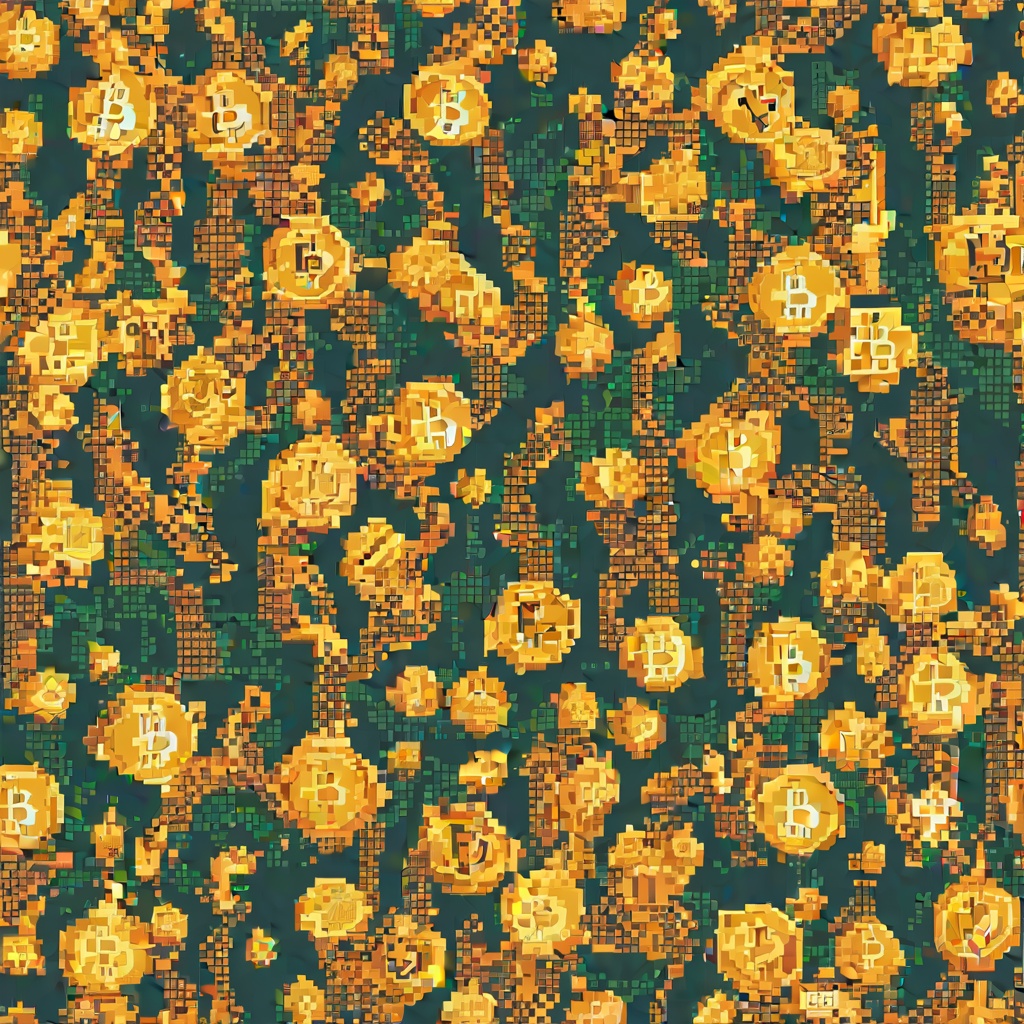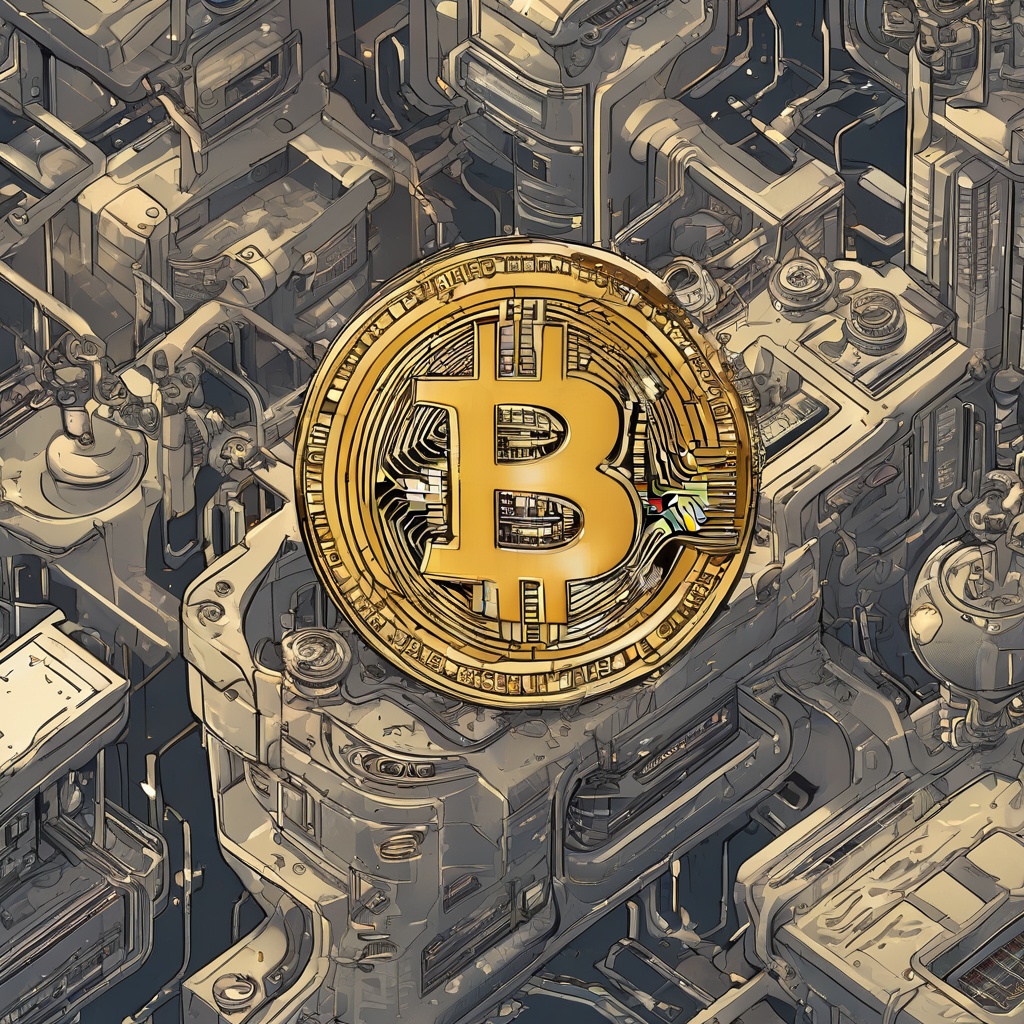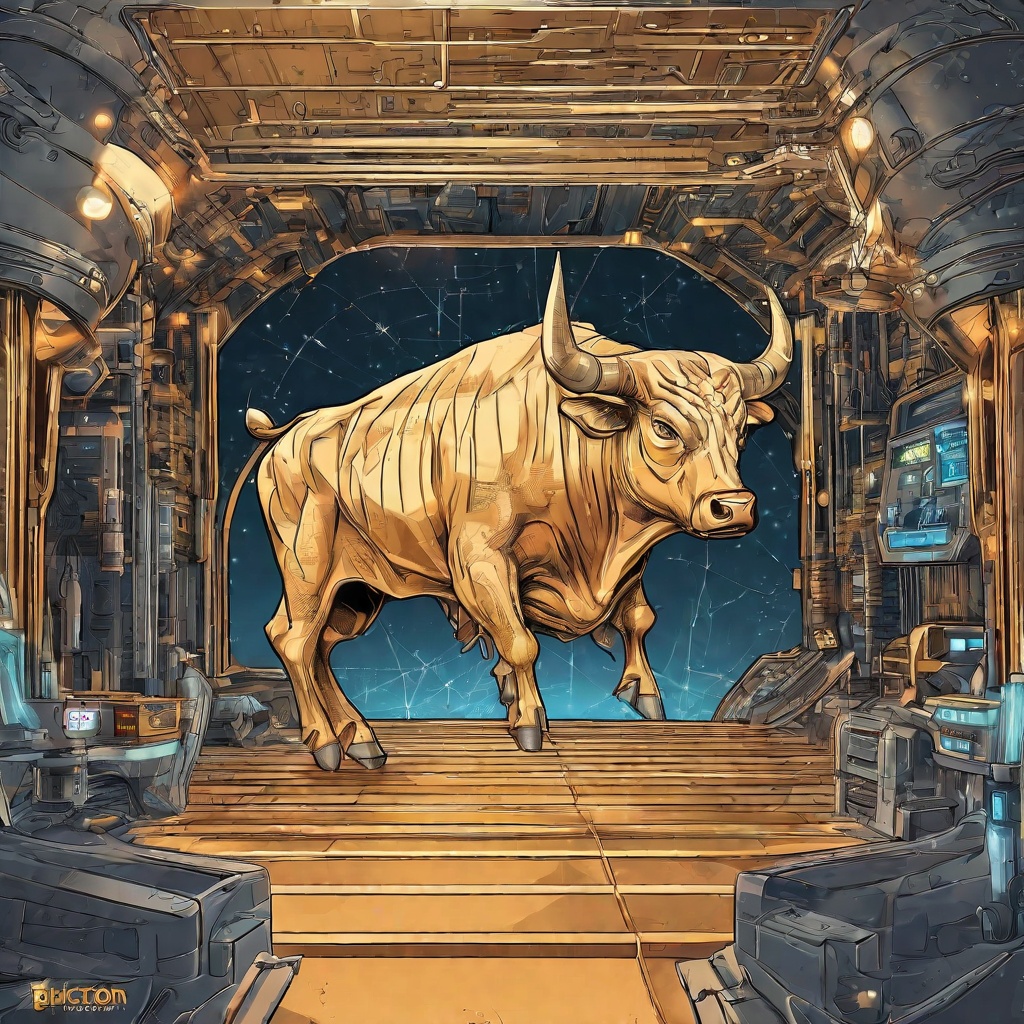Is my Bitcoin address my email address?
I'm confused about Bitcoin addresses. I know I have a Bitcoin address for transactions, but I'm wondering if it's the same as my email address. Can my Bitcoin address be my email address?

What is the difference between sweepstakes and contest?
I want to understand the distinction between sweepstakes and contest. I'm curious about how they differ in terms of their mechanics, rules, and possibly the legal aspects surrounding them.

What is the difference between BTC and BTC SegWit?
I want to understand the distinction between BTC and BTC SegWit. What are their key differences in terms of functionality, usage, and impact on the overall Bitcoin network?

What is the difference between Coinbase Prime and Coinbase Custody?
I am trying to understand the difference between Coinbase Prime and Coinbase Custody. I know they are both products offered by Coinbase, but I want to know how they differ from each other in terms of their features and use cases.

What is the difference between a stop-limit and a stop-loss?
I am trying to understand the distinction between a stop-limit order and a stop-loss order in the context of stock trading. I want to know how they work and how they differ from each other.

